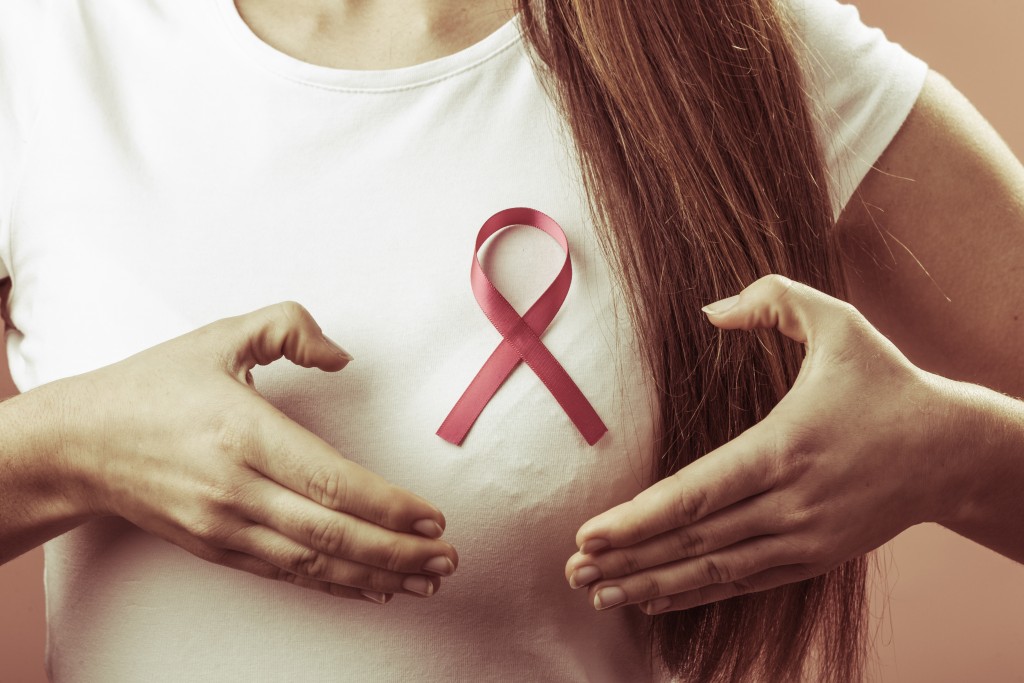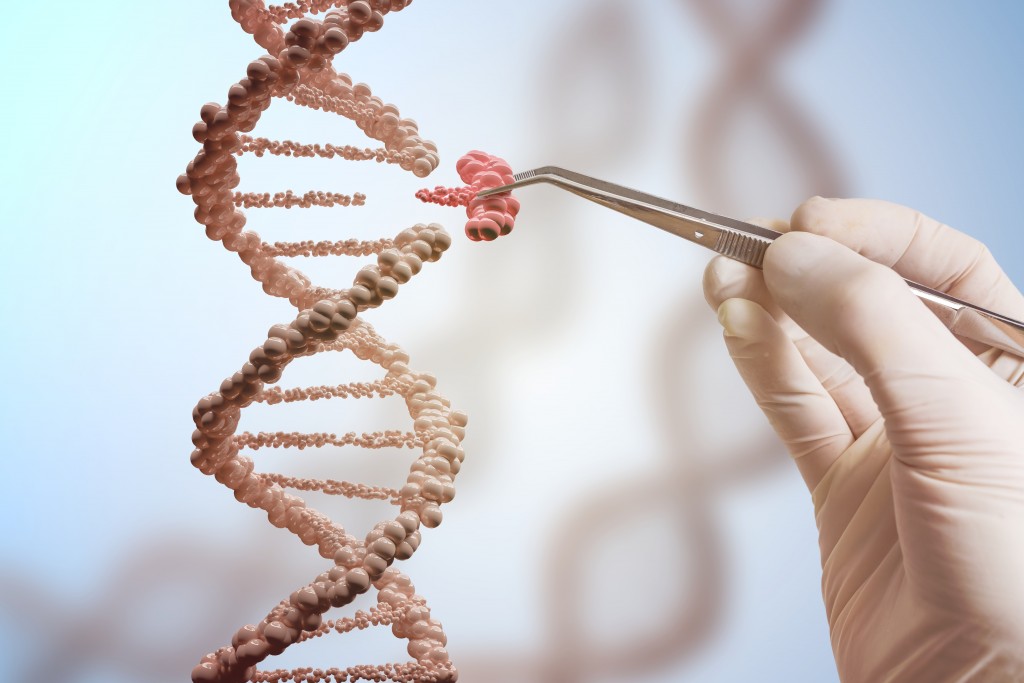Decoding The Pink Ribbon : Breast Cancer Awareness
Oct 15, 2018
6095 Views
October is famous for many reasons…beautiful weather, fall season, the Oktoberfest, music festivals in Malawi, human tower formation in Spain, book fairs in Germany and Diwali in India! These are festivals celebrated across the globe highlighting their culture and happiness.
October is also the month to create awareness about a specific condition that is slowly affecting women (mostly) from every continent – BREAST CANCER.
Today, breast cancer is among the most common forms of cancer known to affect women worldwide. It represents 25% of all cancers, post the discovery of 1.67 million new cancer cases diagnosed in 2012. Did you know that breast cancer is marked the “top rated cancer” in Indian females with highest prevalence rates in Delhi, Chennai and Bangalore? Age is no bar for this condition today, hence we must learn what we can in order to help ourselves, our families and others as well.
What is breast cancer?
“Breast cancer is a malignant tumor (a collection of cancer cells) arising from the cells of the breast.” It is most common in women, affecting almost one in every 8 women in USA; but is found in men too. According to the American Cancer Society, ~2500 new cases of male breast cancer may have been reported in 2018 alone!
When does it start? How does it spread?
8 year old Chrissy Turner, Utah is the youngest victim of breast cancer.
There is no particular age for the onset of this condition. Medical experts advise women to get screened or learn self examination from the age of 25.
Proto-oncogenes are known to aid in a cell’s growth. However, a mutation in them can allow the growth to escalate without any control. That’s what causes cancerous cells to spread. The precise cause and development of these mutations is still being studied for better understanding and development of drug therapies.

Warning signs, early symptoms and more
Physical signs to look out for are lumps on breasts or armpits, inverted or sore nipples, bloody discharge from nipples, changes in breast shape or size.
Physicians recommend mammography from the age of 45 and above. People with family history have opportunities to get genetically screened for tumour markers and delay onset, by making better lifestyle choices.
Risk factors
Genetics and Family History : Grandmothers, mothers, maternal/paternal aunts who may have suffered from this condition may have passed it onto the younger generations. If you have a family history, it is advisable to get your genetic risk checked and learn about preventive cancer healthcare.
Existing Condition : Patients who are suffering from Breast Cancer or have survived from it are also at further risk of recurrence.
Alcohol Use : Studies link breast cancer cases to alcohol consumption.Statistics found more patients with alcohol history.
Obesity : Overweight women have been found to acquire breast cancer more in comparison to women who maintain a healthy BMI.
Gender : Above 90 % of breast cancer cases are found in females.
Radiation : Studies show that exposure to radiation increases the risk for breast cancer.
Hormone Therapy : Women who take combination hormone therapy for menopause are known to be at an increased risk for breast cancer.

Genomics in cancer healthcare
“A number of inherited mutated genes known to increase the risk of breast cancer have been identified. The most prominent ones are breast cancer gene 1 (BRCA1) and breast cancer gene 2 (BRCA2). This is the first genetic test suggested by counselors and physicians for checking one’s breast cancer history.”
Although not all breast cancer cases are inherited, there are several genes that have been identified for their role in breast cancer onset and progression. While BRCA1/BRCA2 are now publicly known as inherited risk factors for breast cancer, there are other genes which can have disease-causing changes and directly impact cancer development.
Genomic research has shed light on predictive genetic markers, too. An individual may carry a set of common genetic variations which cumulatively increase his/her risk for breast cancer. Certain genomic tests such as Genomepatri are available to assess lifetime risk for breast cancer. The test is supplemented with expert genetic counselling to help the individual adopt a personalised action plan to proactively manage their health.
ACTION plan for at-risk individuals
- Regular Self breast examination
- Healthy lifestyle including good diet and exercise
- As little alcohol as possible
- No hormone therapy if possible
- Preventive medication
- Preventive surgery
All About Awareness : Being Forewarned is Being Forearmed
Early detection can save lives. Choose this month to do something extraordinary. Take some time out to read and create awareness about a condition that affects millions. Celebrate the power of knowledge and research with everything else this month….Make this October memorable! Think and wear pink!


